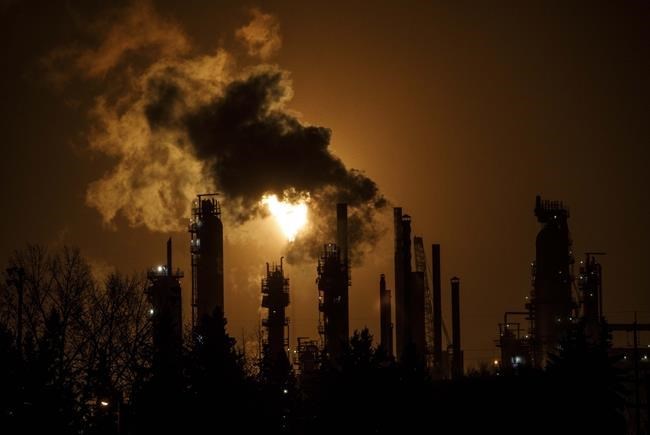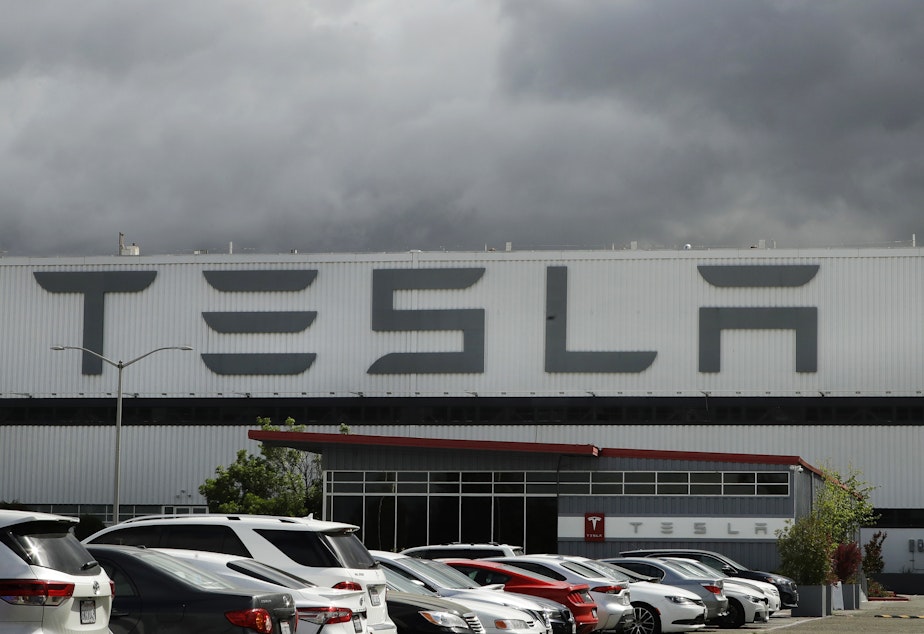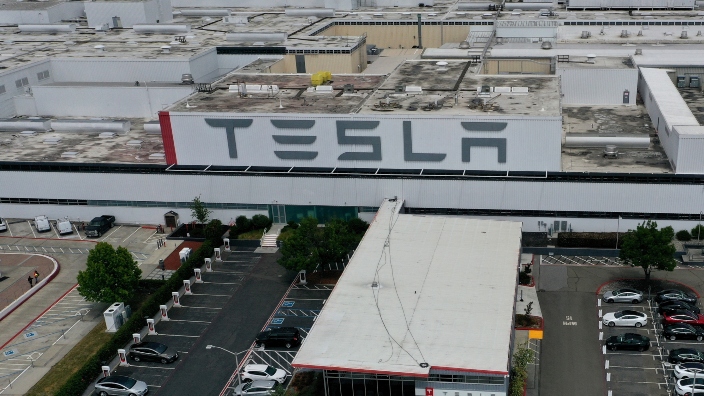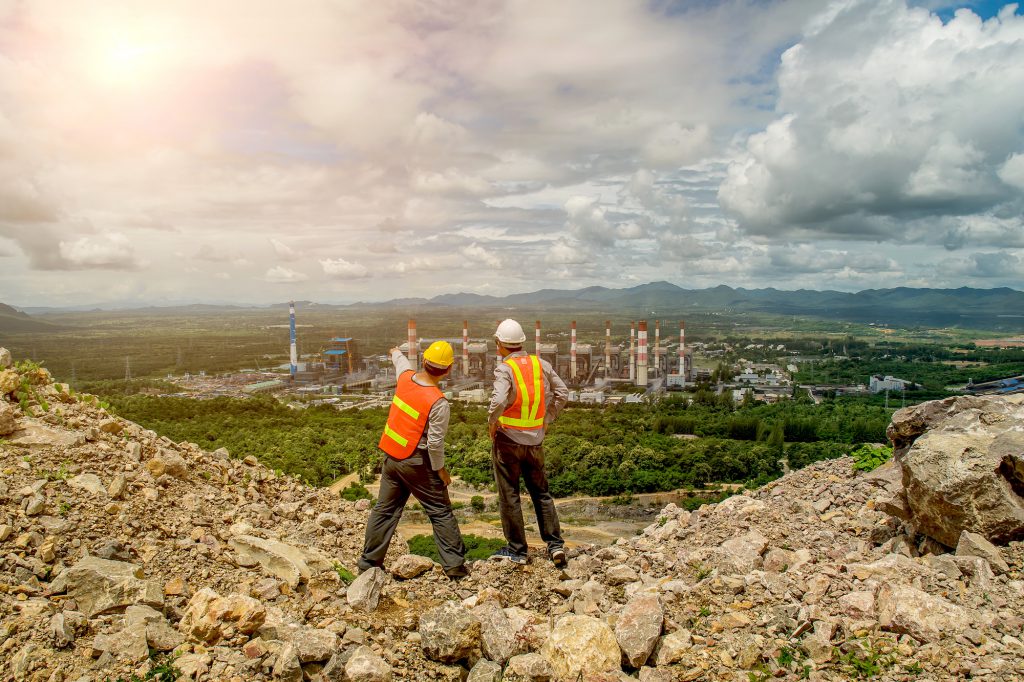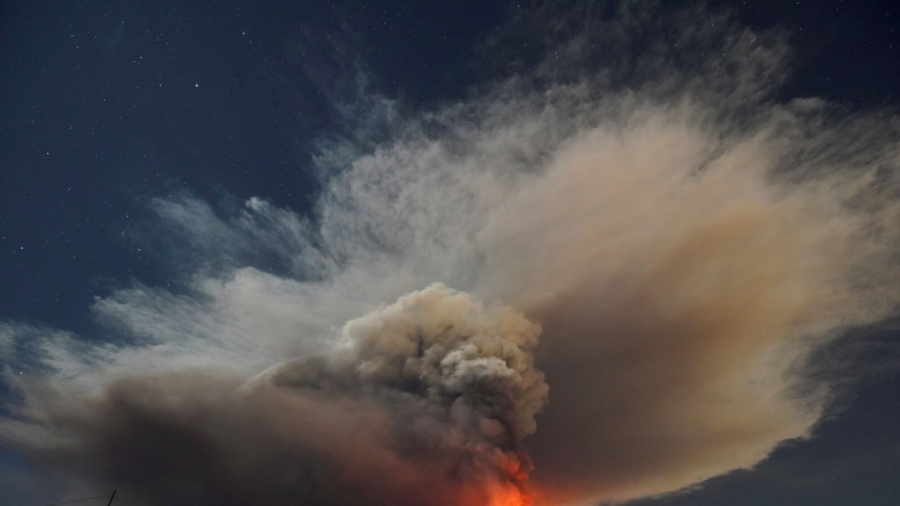
Failed coup puts spotlight back on Guinea-Bissau's role in cocaine trade
By Aaron Ross
BISSAU (Reuters) - In October, President Umaro Sissoco Embalo told French radio that drug trafficking and corruption were over in Guinea-Bissau, a country that has struggled to shake off its reputation as a "narco state" of West Africa.

© Reuters/AARON ROSSA view of the government palace in the capital city of Bissau
Those words rang hollow a few months later. Fierce gunfire interrupted a cabinet meeting Embalo was presiding over, and within hours of the deadly Feb. 1 attack he described it as a failed coup attempt possibly linked to the drugs trade.

© Reuters/AARON ROSSA RPG is stuck in a tree after last week coup attempt in the capital Bissau
At a news conference on Thursday, Embalo said three soldiers who were arrested by U.S. drug authorities in a 2013 sting operation and pleaded guilty to cocaine trafficking had been detained in connection with the attack.
Embalo said he personally saw two - Captain Tchamy Yala and Lieutenant Papis Djeme - during the assault and that ex-navy commander Bubo Na Tchuto was coordinating the coup attempt from navy headquarters.
"When the shots were being fired in the Government Palace, Bubo was at the navy headquarters ... and I heard the assailants say we are going to call him to send us reinforcements.
"Bubo was arrested in uniform - someone who is not on active duty ... That shows the intention," Embalo said.
Reuters has not been able to reach the three men for comment.
Embalo suggested the attack, in which the government said seven security personnel defending the president, three government workers and one assailant were killed, was retaliation for his efforts to crack down on drug trafficking.
"When I committed to this fight against corruption and narco-trafficking, I think that I signed my death warrant," he said.
But some politicians and regional analysts have questioned this, saying drug smuggling has persisted under Embalo's watch and the attack was more likely related to trafficking groups and their political backers competing for the spoils.
"I think it's a conflict between all the factions that participate in the government or some of the factions," said Manuel dos Santos, a senior member of the main opposition African Party for the Independence of Guinea and Cape Verde.
"And it is probably related to drug trafficking."
The president's uncle Mussa Embalo, until recently an adviser, said Embalo had shaken up the leadership of the navy and judicial police to better combat drug trafficking.
"There are successes and setbacks. We need (the) assistance of our international partners," he told Reuters.
COCAINE HUB
Most people in the capital believe the intense, five-hour gun battle was, in one way or another, tied to narcotics.
It is an indication that, despite false dawns in recent years, Guinea-Bissau remains vulnerable to instability that some top officials blame on the illicit trade.
Embalo said at the news conference that many military officers and politicians continue to be involved in the drugs trade.
Asked how he reconciled that position with his remarks in October that trafficking was no longer a problem, he did not directly answer.
Defence Minister Sandji Fati declined to be interviewed for this article. An armed forces spokesman did not respond to questions on whether officers were involved in the cocaine trade.
The country of two million people emerged as a major cocaine trafficking hub in the 2000s, according to experts.
Guinea-Bissau's location on West Africa's Atlantic coast and lax law enforcement made it attractive to cartels, they said.
By sending their product first to Guinea-Bissau or neighbouring countries and then on a separate ship or plane to Europe or the United States, they could avoid scrutiny typically reserved for cargoes originating in South America.
There were no major cocaine busts in West Africa from 2014 to 2018, leading some to question whether the region had fallen out of favour with traffickers or managed to clean up its act.
But a spate of record seizures in 2019 from Guinea-Bissau to Senegal and Cape Verde put paid to those hopes, and some experts believe the region's current role is substantial at a time of record global cocaine production.
"Guinea-Bissau is one of the rapidly rising West African countries used as a point of transit for drug trafficking on the route to Europe," the U.N. Office on Drugs and Crime's regional representative for West and Central Africa, Amado Philip de Andrés, told Reuters.
While he noted some positive developments in recent years, most of which pre-dated Embalo, he said more needed to be done.
"There are still grounds for improvement in Guinea-Bissau, particularly in terms of bringing perpetrators to justice."
For Guinea-Bissau, the repercussions from the trade are serious.
Residents of Bissau, which has experienced around a dozen coups or attempted coups since independence from Portugal in 1974, said in the wake of the Feb. 1 bloodshed that they could not recall an incident of such intense violence.
When Reuters reporters visited the Government Palace three days after the attack, hundreds of shell casings lay strewn on the ground near dried pools of blood, and bullet holes pockmarked all four sides of the main building.
An unexploded rocket-propelled grenade was wedged between the branches of a palm tree. Another was lodged in a wall.
Witnesses in the neighbourhood said ministers had fled the compound on foot into the dirt roads behind the compound, seeking refuge in surrounding buildings.
Embalo said he hid in a side office for five hours with his justice minister and two guards.
"I said: 'we stay here but you leave the door open ... because when the door is open, people think that there is no one inside.'"
TACKLING THE PROBLEM
Two law enforcement sources said that they detected an uptick in activity related to cocaine smuggling in Guinea-Bissau throughout 2020, the year that Embalo took office.
A Western diplomat said he thought Embalo was sincere about wanting to crack down on trafficking but that he was constrained by the military's influence.
Embalo, a former army general, has refused to hand over former armed forces chief Antonio Indjai to U.S. authorities, who last year offered up to $5 million for information leading to his arrest. Indjai was indicted in U.S. court in 2013 on narcotics trafficking charges.
Indjai denies the allegations, and Embalo said he is prevented by national law from extraditing a Guinea-Bissau citizen.
The two men appeared in a photograph at the presidency that was published in local news reports and shared on social media shortly after Embalo's inauguration in February 2020.
Musso Embalo, the uncle, said the photo with Indjai and other senior officers was taken to show the support of the Balanta, Guinea-Bissau's largest ethnic group, for Embalo, who is Fulani.
Indjai is Balanta and the group dominates Guinea-Bissau's military.
The government spokesman did not respond to requests for comment about the photo or the government's actions on drug trafficking.
The president's account of seeing Yala and Djeme during the attack is consistent with a leaked army report that said the two soldiers were at the scene.
The president said there had been a number of other arrests but declined to say how many, pending the outcome of an official investigation.
Na Tchuto, Yala and Djeme were detained in 2013 by U.S. authorities on a luxury yacht after offering to import narcotics into the United States on behalf of informants they thought were South American traffickers.
The three men pleaded guilty to conspiracy in a U.S. court and were later released after serving their sentences.
The case cemented Guinea-Bissau's reputation as a stopover of choice for Latin American drugs en route to Europe and the United States. Even before that, Guinea-Bissau had been described as a "narco state" by the United Nations.
President João Bernardo Vieira was assassinated by soldiers in 2009, a killing widely believed to have been connected to trafficking networks. In 2012, army officers eyeing control of the drug trade seized power in the so-called "cocaine coup".
(Additional reporting by Alberto Dabo in Bissau, Nate Raymond in New York and David Lewis in Nairobi; Editing by Mike Collett-White and Alexandra Zavis)







